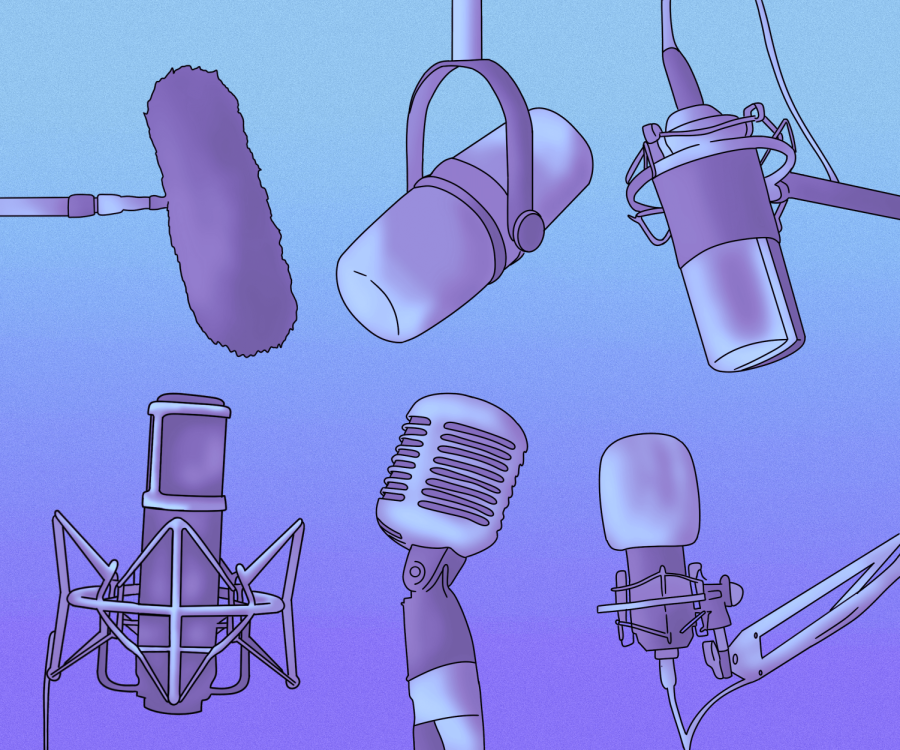When to say what is not to be said
December 2, 2022
Editor’s note: This column was submitted to the Texan by a member of the UT community.
In a world where masterful storytelling inspires children and mesmerizing speeches incite massacres, opinions on free speech range from rigid censorship to unhindered conversation. The freedom to express one’s opinions without fear of repercussions and censorship is an idea that strikes many as essential. To exert rules upon opinions is to stifle individuality, creativity and limit the world. On the other hand, wouldn’t it make sense to limit the world from certain things? Picture a world where Home Depot promoted their gardening tools as the perfect objects to throw at babies. Regardless of where you stand in this debate, the protection of speech inciting violence seems wrong and worthy of censorship. Although Home Depot may still hold their unique baby-violent stance, the restriction of their ability to express this stance is fruitful. Now in this same world, imagine that all babies born are possessed by a demon. Given this context, I am suddenly inclined to promote launching gardening tools at babies and, in turn, Home Depot’s violent advertisements. There are no definitive answers to the free speech debate, but there is a guide in context.
Freedom of expression is the power behind innovation, growth and progress. Sviatlana Tsikhanouskaya, recognized Belarusian president-elect, decries Belarusian dictator Alexander Lukashenko for remaining in power post-election. A repressive nation ruled in Soviet communist fashion, citizens are ushering in a new era by protesting against Lukashenko’s dictatorship and support of Russia. In Iran, current protests over Mahsa Amini’s death call for changes in the country’s sociopolitical and cultural sphere. Fighting for female self-expression and human dignity, these acts are being met with violence and suppression. In these contexts, the right to freely dissent and advocate for progress endear people toward free speech. The voicing of disapproval is shrouded in an optimistic light for progress rather than a combative one against shared values. The power to freely express alters outdated political, social and cultural landscapes and shifts zeitgeists toward a better future.
Conversely, free speech also leads to hate and violence. Over the span of three months, roughly 800,000 Rwandans were massacred at the behest of extremist Hutu groups. Historical tension between the ethnic groups Hutu and Tutsi created an atmosphere of hate, discrimination and violence. The dissemination of anti-Tutsi propaganda culminated in Hutu extremists taking control of the Rwandan government and inciting Hutus to murder Tutsi minorities whether they be neighbors, friends or family. The background of hate and violent intent is a context in which free speech falls out of favor. The protection of extremist views with murderous ambitions under the umbrella of free speech is unreasonable. Censorship is provided as the solution to free speech being a medium for discrimination and provoking of violence.
To impose a universal law on free speech, such as declaring that free speech should be protected at all times or that certain types of speech should always be restricted, is impossible, but as history tends to repeat itself, it is possible to identify contexts that guide notions of free speech toward one end or the other. Like everything else in life, free speech is connected to innumerable external factors. Throwing shovels at babies is detestable, but considering their demonic possession, it becomes commendable. Every context contains its respective merits, and these merits must guide our decisions case by case. There is no universally applicable answer to our countless problems concerning free speech, and there shouldn’t be.
Sam is a junior philosophy major and writer at Drift Magazine.











